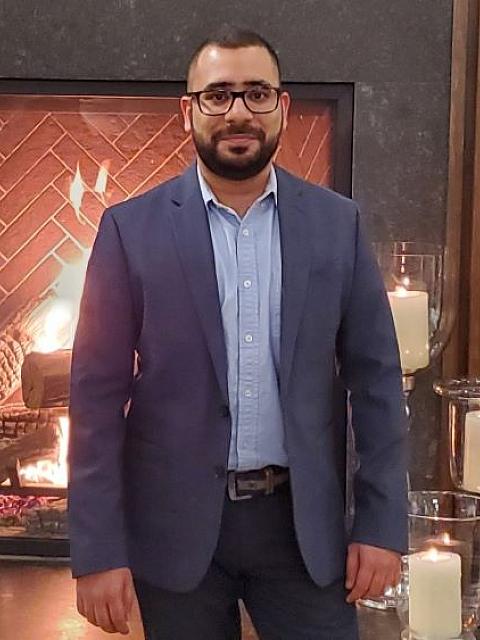Project Background
Extracorporeal membrane oxygenation (ECMO) is a lifesaving technology in critically ill patients. It's a cardiopulmonary bypass device that provides life-saving complete respiratory and cardiac support in patients with cardiorespiratory failure. Although this mechanical support can be life-saving, mortality often exceeds 40%. The high mortality is suspected to be due, in part, to significantly altered drug disposition by the ECMO circuit, resulting in suboptimal dosing. Dosing is different in this population because ECMO can alter drug pharmacokinetics (PK). The PK of drugs in patients on ECMO can be altered by 1) physiologic alterations triggered by the circuit and underlying critical illness and 2) direct interaction of the drug with the ECMO circuit via hydrophobic interactions. Hydrophobic drugs are extremely vulnerable to getting adsorbed on the ECMO circuits. Adsorption of drugs can be prevented by modification of drugs, by forming a hydrophilic shell around the hydrophobic drugs. The advantage of having a hydrophilic shell will avoid the interactions of drugs with the hydrophobic ECMO circuit and charged ECMO surface coating, hence reducing the extent of adsorption of drugs on the ECMO circuit.
Student Role
In this project we are developing formulations by encapsulating hydrophobic drugs in liposomes and testing the reduction of adsorption of drugs in ECMO circuits.
The student will learn how to manufacture the liposomal drug nanoparticle formulations, how to measure their size, shape, stability and other physiochemical properties. They will perform these experiments to obtain batches of liposomal drug nanoparticle formulations. Then, the student will learn how to test the biocompatibility of these formulations in in-vitro and ex-vivo systems. This entails testing the micellar-drug nanoparticle formulations in human cells (in-vitro) and human blood (ex-vivo) for their biocompatibility and adsorption on ECMO circuits. Finally, testing these formulations in ECMO circuits for their reduction in adsorption will be performed.
These experiments provide a wide range of experience for the student in a wet lab setting. Learning how to manufacture nanoparticles, how to characterize nanoparticles, learning good practices for cell culture handling, working with clinicians for testing nanoparticles in actual ECMO circuits etc. are a few examples.
Student Learning Outcomes and Benefits
In addition to wet lab experience, this project will also provide a knowledge base for the student in the field of drug delivery and pharmaceutics and how to bridge that knowledge in a clinical setting or how that knowledge can help in improving patient quality of life. Anyone who is particularly interested in performing research at the interface of basic research and a clinical setting would highly benefit from this project. Solving unmet clinical needs with novel delivery strategies is the need of the hour, which this project explores really well.
Gaining these skills can be very helpful for an undergraduate student, especially if they are planning to go further for graduate studies. Learning skills like literature review, giving presentations, being part of a research group, hands-on experience with experiments are some skills that every graduate student needs to learn for a successful transition from undergraduate to graduate studies and this project will help provide those skills.

Nitish Khurana
My mentoring experience is extremely hands-on. The student will be shadowing me in the experiments that need to be performed for the successful completion of the project which will then help the student learn different techniques. This will enable the student to perform the experiments themselves and being independent in a research setting. I will provide constant guidance by reviewing literature pertaining to the project, along with the student and by conducting activities such as weekly journal clubs to help the student become more fluent in the art of reviewing literature. There is currently a team of 4 working on this project so the student will also benefit by learning from a shared experience and will also help the student to become a team-player. In addition, in our research group the students meet on a weekly basis with the entire Ghandehari group in our lab to learn about other ongoing research projects. Students will have opportunities to attend seminars in biomedical engineering and molecular pharmaceutics which will broaden their horizons. I am always available for any guidance, whether it is optimizing the experiments or advice related to future goals.
